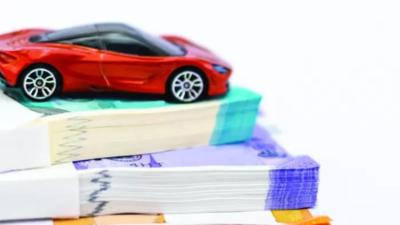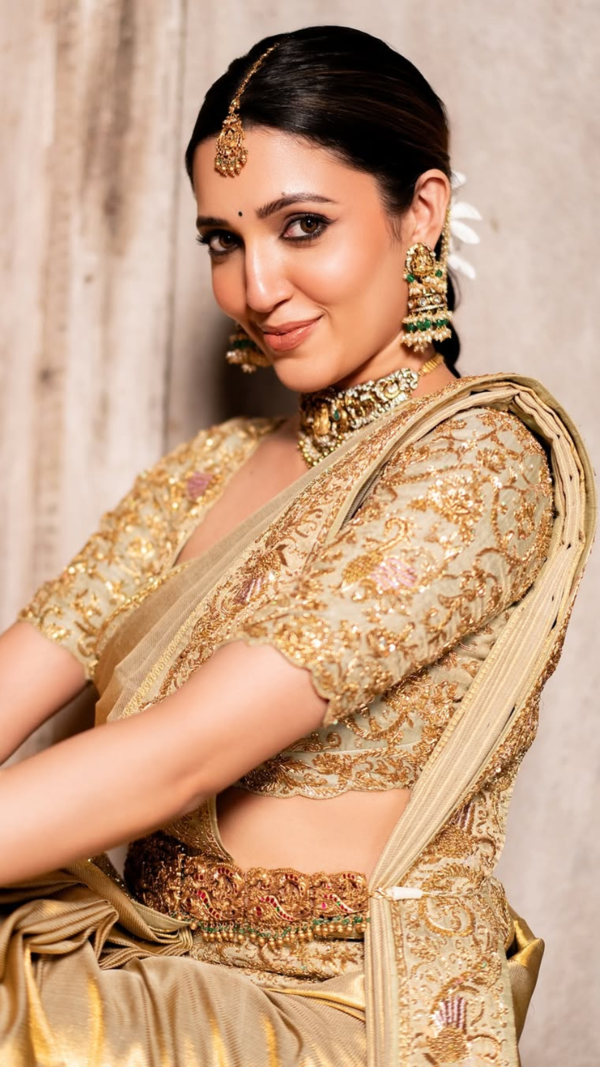- News
- City News
- ahmedabad News
- Gujaratis spent Rs 50K crore to buy swanky hot wheels in FY25
Trending
Gujaratis spent Rs 50K crore to buy swanky hot wheels in FY25
Car purchases in Gujarat have surged to Rs 50,018 crore in FY 2024-25, driven by a shift towards SUVs and luxury vehicles. The average spend per car has increased by nearly 40% since FY 2019-20, reflecting aspirational buyers prioritizing performance, prestige, and advanced features.
AHMEDABAD: In Gujarat, the road to aspiration is now paved with chrome and horsepower. In FY 2024-25, car purchases in the state reached Rs 50,018 crore—a figure that is 3.5 times Ahmedabad city's annual budget and nearly 70% of Gujarat's GST collection for the year.
The sharp jump from pre-pandemic levels is driven less by volume and more by a striking shift in the hot wheels people want to drive, report Himanshu Kaushik & Niyati Parikh.
Compared to FY 2019-20, the average spend per car zoomed nearly 40%, indicating aspirational Gujaratis are investing in lifestyle upgrades on wheels. Estimates by senior RTO officials and automobile industry experts suggest that five years ago, the average spend per mass market car was about Rs 9.3 lakh per unit, which increased to Rs 13 lakh per unit. SUVs are now the new staple, unlike entry-level hatchbacks five years ago.
"There's a clear shift in how people perceive cars. It's no longer about just getting from point A to B. It's about performance, presence, and prestige," said Pranav Shah, Chairperson, Federation of Automobile Dealers' Association (FADA) – Gujarat.
Aspirations are indeed fuelling the choices when it comes to cars, according to industry experts. "Buyers are willingly spending Rs 4–5 lakh extra for top trims. At the same time, rural buying picked up in a big way, wherein people want bigger, better vehicles with presence on the road. Bigger cars are typically more preferred in peri-urban and rural areas due to bigger-sized families," said a senior RTO official requesting anonymity.
The rising cost of cars is also a major contributory factor. "Thanks to model upgrades, price inflation, and the addition of high-end features like connectivity, tech-enabled comfort, and change in tax structures, overall car prices also went up. Sales of luxury cars also increased during the five-year period. This also contributed to the heftier car sales value during this fiscal year," said a city-based car dealer.
Luxury car sales increased 56% in FY 2025 to 4,804 units from 3,079 units in FY 2020, according to data by the Union Ministry of Road Transport and Highways. The sale includes vehicles priced above Rs 50 lakh and also some ultra-premium models which are priced over Rs 1.5 crore.
Tax collections mirror this trend. Gujarat earned Rs 1,357 crore in motor vehicle tax during FY 2025, implying car purchases worth Rs 22,620 crore (excluding exemptions)—a reflection of rising vehicle values rather than sheer volume.
End of Article
Follow Us On Social Media









